XRP is back in the spotlight, simultaneously gaining institutional traction and facing renewed legal scrutiny. Attorney John Deaton, who previously represented XRP holders in the Ripple v. SEC case, has re-entered the conversation. In response to a critic on X who called XRP a scam while praising Bitcoin and Ethereum, Deaton emphasized that his stance isn't tribal—despite holding 80% of his net worth in BTC—but rather about regulatory fairness.
Deaton argued that labeling all XRP as securities, regardless of how they were acquired, undermines market principles. His comments reignited discussions about the SEC’s approach to crypto, questioning whether regulations are being fairly applied or misused as enforcement tools.
Institutional interest in XRP is surging. CME Group announced it will launch XRP futures trading on May 19, 2025—a move signaling increased confidence from major investors. This development follows news that XRP has become easily accessible to 20 million users in Japan, further boosting its global adoption.
However, just as XRP secures a significant win, it faces a new legal challenge. Oregon Attorney General Dan Rayfield has filed a lawsuit naming XRP—along with ADA, AVAX, AAVE, UNI, and LINK—as unregistered securities in a case against Coinbase. Industry voices like Paradigm’s Justin Slaughter view the move as another example of regulatory overreach, while Coinbase remains firm in its position.
The renewed attention on XRP highlights the growing tension between regulatory actions and the accelerating integration of digital assets into traditional finance. As institutional momentum builds, the legal battle over crypto classifications is far from over, setting the stage for a critical inflection point in the digital asset industry.






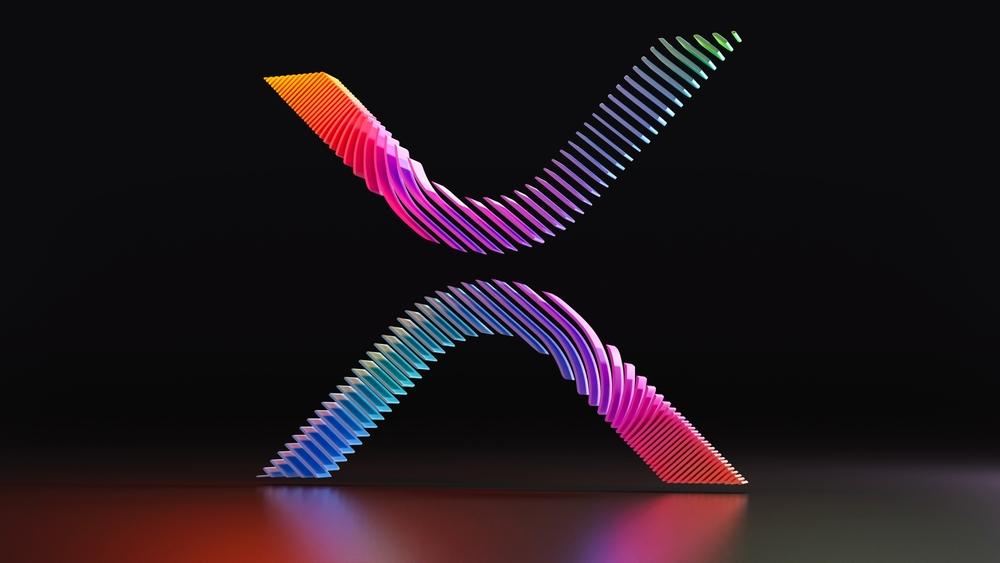
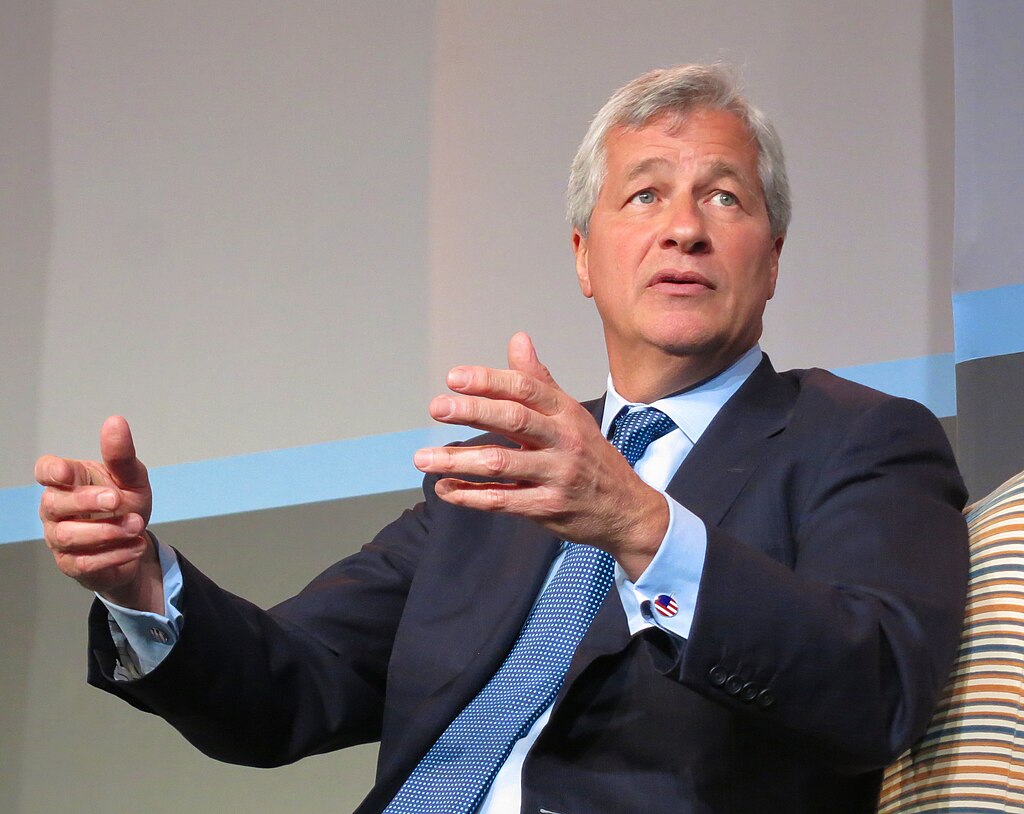


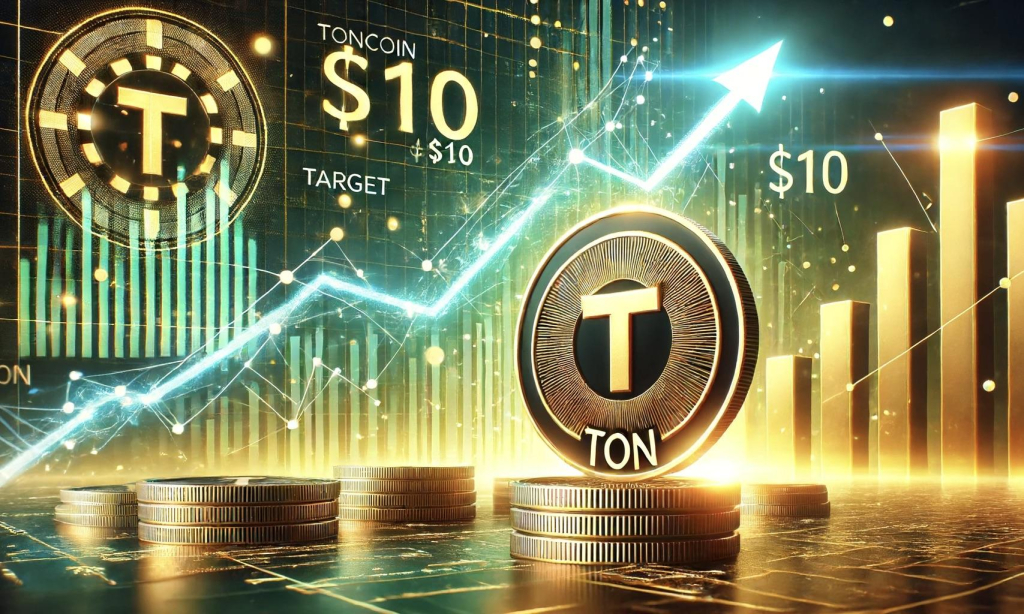





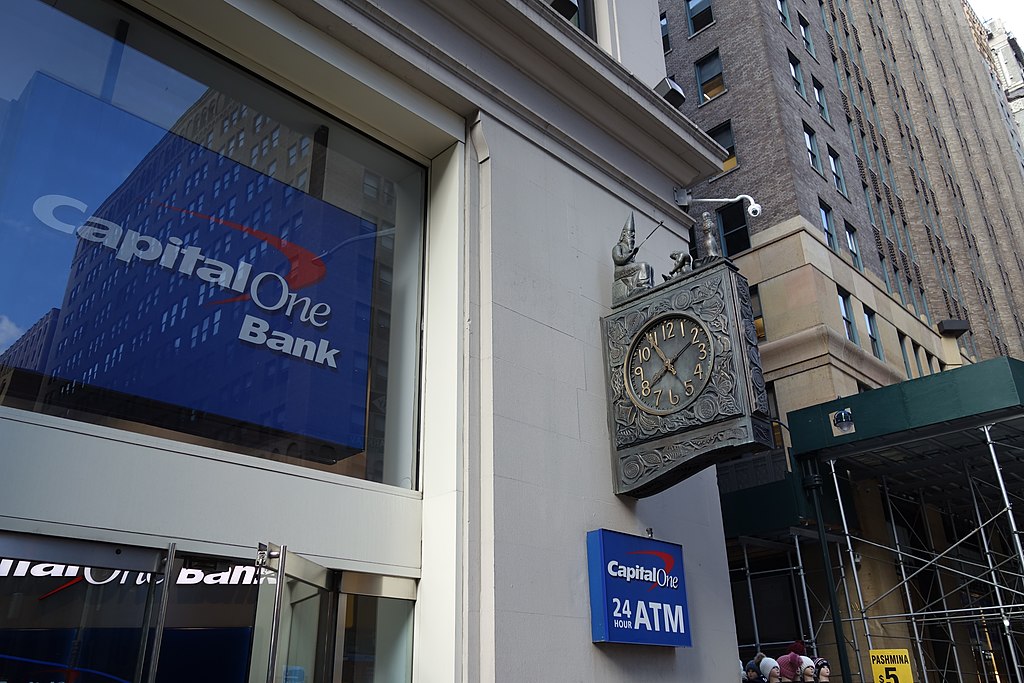


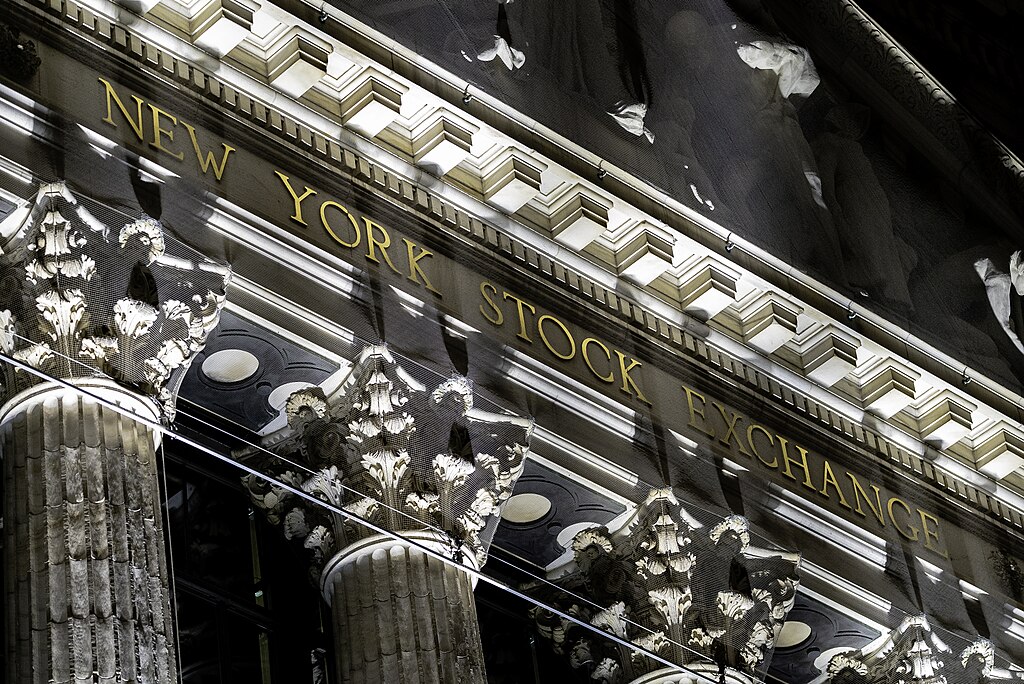





Comment 0